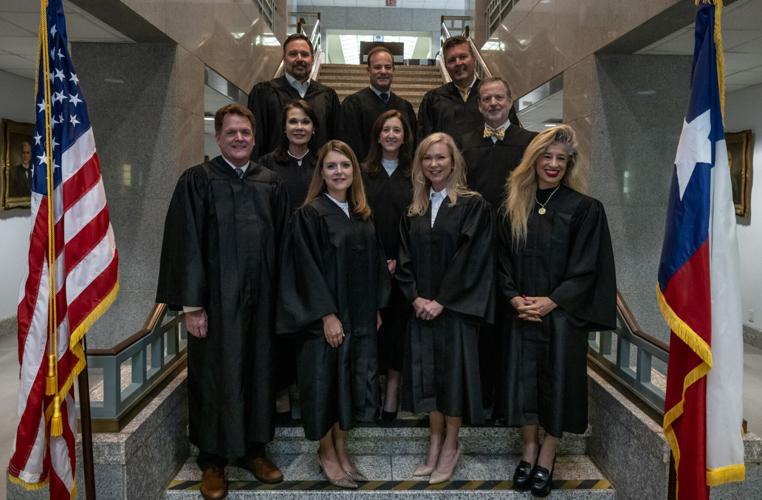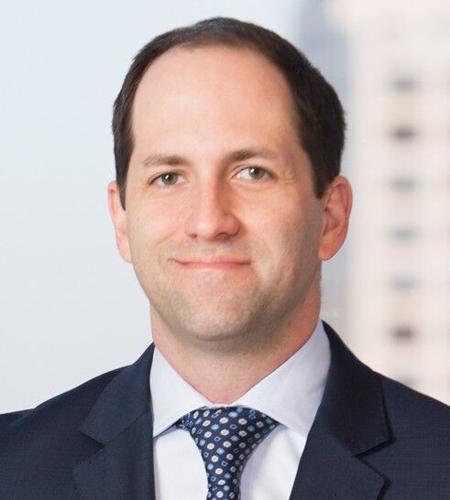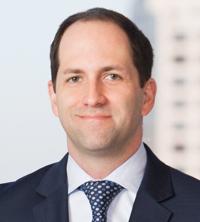
The judges on the Texas Business Court
HOUSTON - A recent opinion from the Texas Business Court is a cautionary one for investors sitting on claims, writes Jackson Walker attorney Chris Bankler.

Bankler
In Riverside Strategic Capital Fund I v. CLG Investments, Judge Bill Whitehill granted summary judgment for the defendants and held that Riverside’s fraud claims were time-barred.
“The summary-judgment evidence conclusively establishes that plaintiffs were aware of facts, conditions, or circumstances more than four years before filing suit that would cause a reasonably prudent person to make an inquiry that if pursued would have led them to discover their causes of action,” the opinion states.
Bankler writes the court emphasized “inquiry notice,” and that is legally equivalent to knowledge of the cause of action.
“Once you’re on inquiry notice, the clock starts — and no later assurance or indictment will stop it,” he wrote, adding that investors. “Riverside invested roughly $80 million in True Health Group, a laboratory-management company. Judge Whitehill’s timeline — meticulously detailed over ten pages — reads like an anatomy of ignored warning signs.”
Bankler lists the following “red flags” missed by investors:
2015–2016 – Public Smoke: Online articles accused True Health’s predecessor of continuing the same billing abuses that had destroyed Health Diagnostics Laboratory. Riverside admitted it knew of the articles;
2016 – Regulator Pushback: Cigna and UnitedHealthcare halted reimbursements; Medicare investigators visited headquarters and began audits;
2017 – The Investment and the CID: Riverside invested $50 million through a Securities Purchase Agreement promising compliance. Within weeks, DOJ issued a Civil Investigative Demand citing potential Anti-Kickback and Stark violations;
2017–2019 – Escalating Government Action: CMS twice suspended all Medicare payments for “credible allegations of fraud.” Special Agent Geren’s declaration—filed publicly—described rural-hospital routing and MSO kickback schemes in granular detail;
2019 – Insolvency and Bankruptcy: True Health’s Chief Restructuring Officer swore that the company’s collapse stemmed directly from the same misconduct; and
April 6, 2020 – The Letter That Started the Clock: The bankruptcy trustee sent claim notices to former directors—including Riverside’s own board designees — alleging oversight failures. Judge Whitehill held that date as the latest possible accrual point.
“By the time Riverside sued on January 23, 2025, more than four years had passed,” Bankler writes. “Time was up. The discovery rule buys time only for the diligent. Texas courts have long said the clock starts when a claimant should have known of facts warranting investigation.
“The Business Court carried that principle to its logical edge.”






